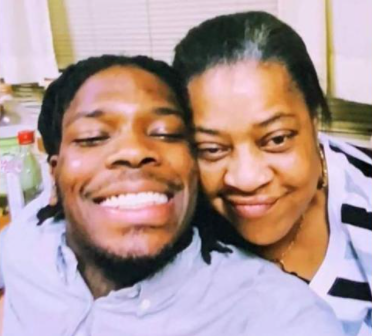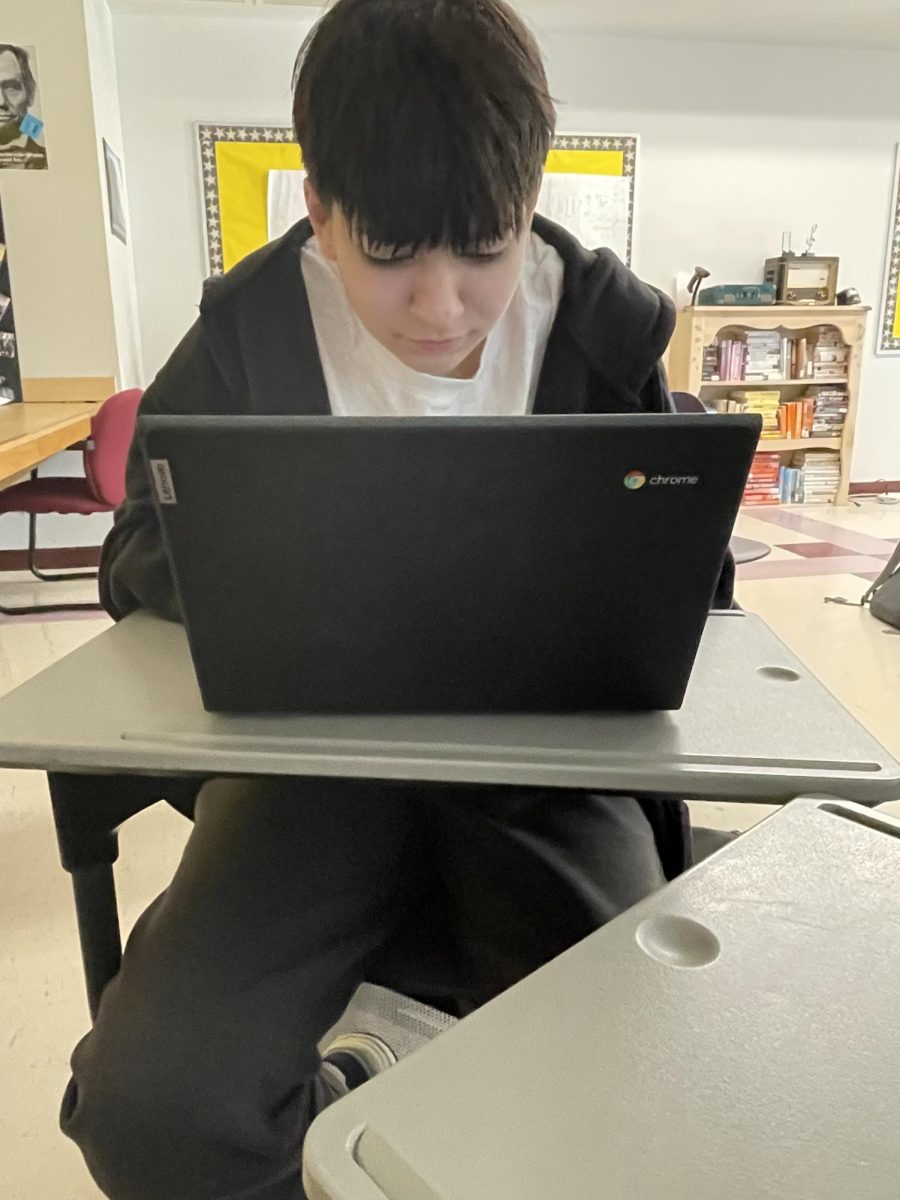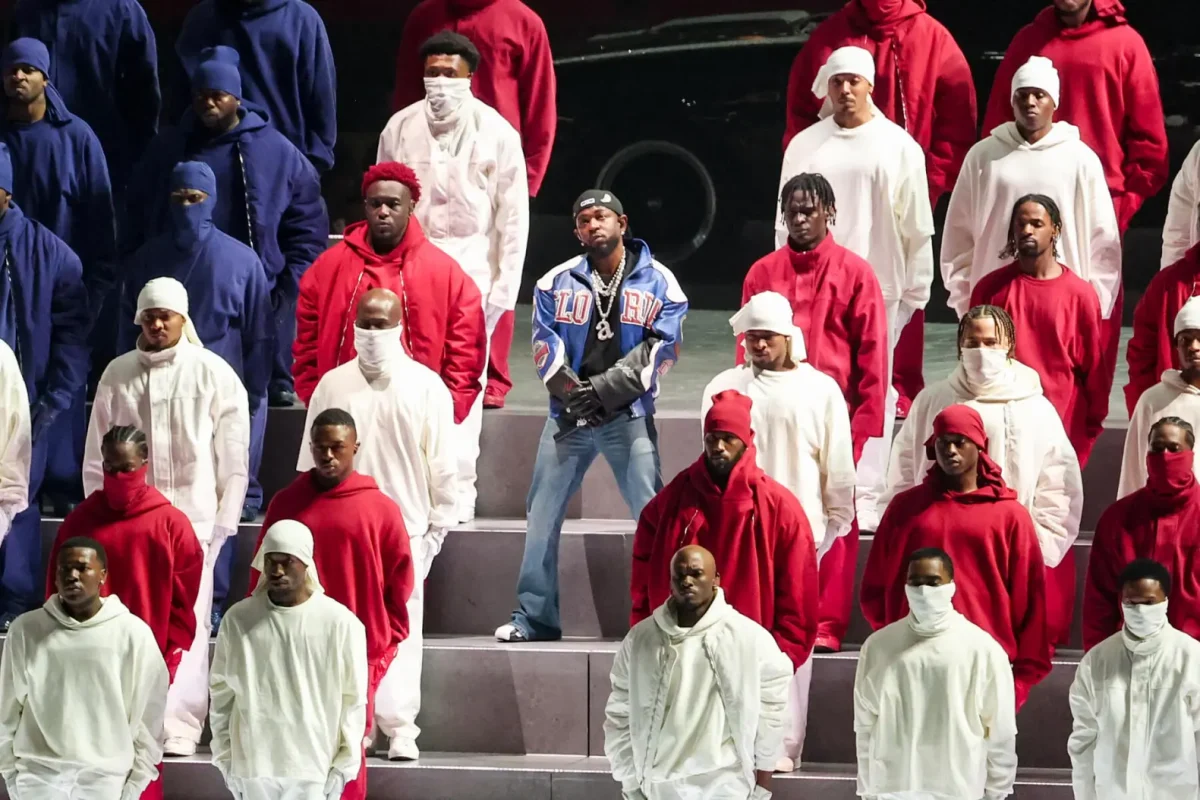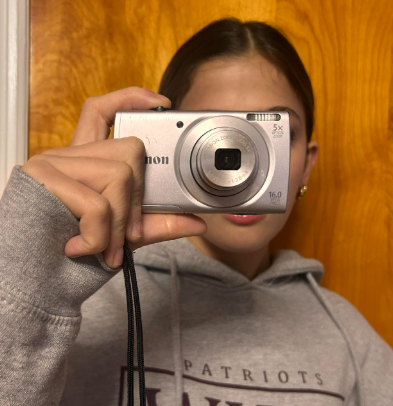Police Killing of Walter Wallace Jr. Sends Philadelphia Into Outrage and Unrest

November 14, 2020
The past week has been defined by protests, anger, and violent clashes with the Philadelphia police following the death of Walter Wallace Jr. On Monday, October 26, the 27-year old black man was killed by two police officers who shot at him 14 times during a confrontation in which Wallace was said to be holding a knife over a car-length away from the officers.
Upon arrival at the scene, the responding officers were informed that Wallace, who had a long history of mental health issues, including bipolar disorder, was undergoing an “obvious mental health crisis”, as family attorney Shaka Johnson stated. He told reporters that Wallace was behaving like “a person in sort of a cloud or a stupor or just not appreciating the gravity of that particular moment, which would align perfectly with what the family was shouting, ‘he’s mental, he’s mental.'” Officers knew of Wallace’s situation, as they had already been to the family’s house three times on Monday. One of the times, mother Cathy Brant says, “they stood there and laughed at us.”
The death was captured on video, in which Wallace, with the knife, is seen to be walking towards the officers. They quickly move back and aim their guns, amid shouts from one to “put the knife down.” As the camera points away, over a dozen bullets are heard firing, followed by the screams of his mother as she rushes towards him. Walter Wallace Jr., a father of eight and a husband as of early October, passed away later on in the hospital. Protests erupted soon after.
Hundreds have taken to the streets of Philadelphia to protest against the excessive use of force against people of color by the Philadelphia police department, members of which have a troubling history of racism and violence, such as the 1985 police bombing that left 11 members of MOVE, a Black liberation group, dead. This painful history with the police contributed to the protests in response to the death of Walter Wallace Jr., revealing the deep tension and animosity between West Philly residents and the police.
“If we had gone through the hard work of reconciliation after the MOVE Bombing, maybe those officers would have seen in Walter someone in need of a helping hand, rather than a threat… They would have seen him and realized he was someone’s son, father, husband, neighbor,” tweeted Jamie Gauthier, a Philadelphia council member from Wallace’s district.
From the night of Wallace’s death through October 29, protests have resulted in 57 injured officers and over 212 arrested people. The National Guard was called into the city by the governor last Tuesday, and a 9 PM curfew was installed last Wednesday but soon taken away the following night. Almost a dozen miles away from protests, the Aramingo Crossings shopping outlet was looted, including stores such as Walmart, Lowe’s, and 5 Below. Around 1,000 people are estimated to have participated in the looting.
Wallace’s family, however, does not want the officers who killed him to face murder charges. His father, Walter Wallace Sr., told press that “It could have been dealt with in a different way,” and that the outcome did not need to result in the death of his son. Although they understand that the city failed them, Wallace’s family also believes that the city failed the officers, by not giving them non-lethal weapons to handle the situation. The officers, who did not have Tasers, “were improperly trained and did not have the proper equipment by which to effectuate their job,” argues Johnson.
Wallace’s family also denounces the lootings, asking the public not to associate Walter Wallace Jr.’s life with these incidents. “They’re thieves, they’re opportunists, and they’re stealing because they have the opportunity to steal,” says Wallace’s cousin Anthony Fitzhugh. “Do not put my cousin’s name on that.”
Police commissioner Danielle Outlaw also discourages onlookers from grouping the looters and the protestors together, pointing out that “It was a completely different group of folks, and quite frankly demographics that we saw there. And I heard from community some of the same frustrations expressed as well.”
But what comes next? How do the people of West Philadelphia, the friends, neighbors, and family of Walter Wallace Jr., face the aftermath of such a tragedy? How does a neighborhood already divided by such tensions recover? Alex Rowlett-Little, a lifelong friend of Wallace, tells reporters that he and his community have seen too often what Philadelphia police officers are able to get away with. “Who can we call on when stuff like this happens? We have to take it into our own hands, so we throw rocks. People [are] angry out here, angry and tired,” he says.
As of last Tuesday, Outlaw has not yet reviewed what information will or will not be released to the public. The officers have not been interviewed or named.
“I don’t want my son to have died in vain like he wasn’t nothing, like he didn’t come from a good family,” says his father.





